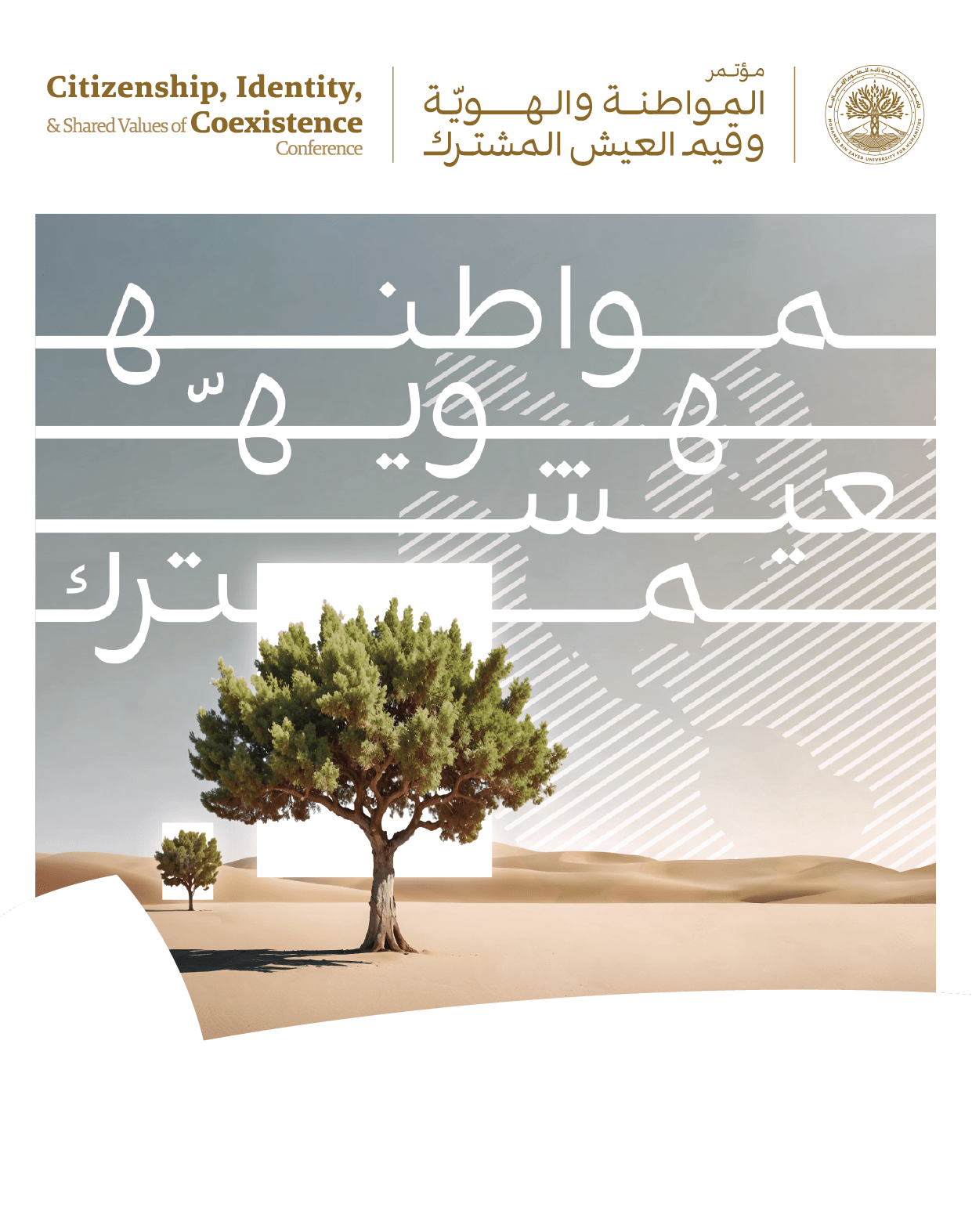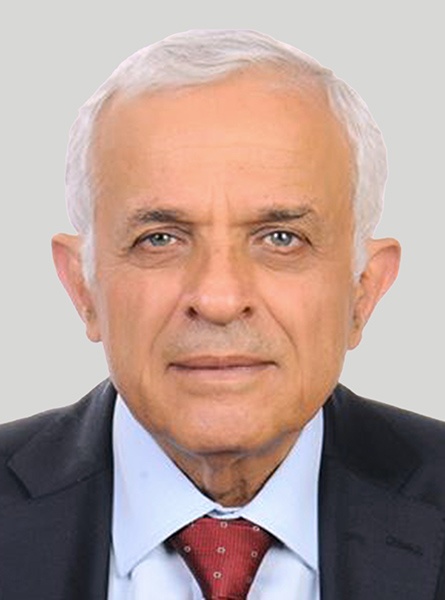

“Across time and geographical borders, citizenship has never had a single definition. Rather, speaking of citizenships that ebb and flow according to context is more appropriate. Citizenship is a bond or association established within a national framework that transcends factionalism and tribalism without necessarily abolishing them. On the contrary, national citizenship must learn to coexist and become compatible with factional and tribal identities. Finally, citizenship is a concept characterized by the expansion of its normative scope and ambitions for new rights and duties. Every historical situation has areas of acceptability and responsibility that expand or contract.”
Skaykh Abdallah Bin Bayyah President of the Higher Academic Council Mohamed Bin Zayed University for Humanities
Citizenship, in its linguistic origin, is linked to one’s national homeland, the incubator of one’s ideas, to which a person is bound by emotional ties no different from the bonds that connect him to his ancestors. Love for one’s homeland is considered among the most praised virtues and morals among all nations and peoples. As the Arab proverb states, “Your inclination toward your place of birth is due to the generosity of your lineage.”
The emotional bonds between people and their homeland are a source of moral and ethical significance located at the deepest levels of the meaning of citizenship. Philosophers and thinkers have branched out from these meanings through their works to include within their purview concepts of belonging, identity, loyalty, recognition, tolerance, and peace, as well as what they considered a practical translation of these concepts, such as ethics of solidarity, compassion, cooperation, responsibility, duty, respect for the law, and human rights.
The intellectual and philosophical approaches through which these value-based and ethical concepts of citizenship were derived originated from the analysis of historical experience. From the seventeenth century (with Thomas Hobbes, Jean-Jacques Rousseau, and John Locke) to the modern era (with the likes of Axel Honneth, Hans Jonas, and Will Kymlicka), subfields of citizenship have continued to thrive and appear anew, producing a vast collection of theoretical material beneficial in affirming the ethical character of citizenship and valuing the functional roles it plays in achieving the interests of societies and peoples.
However, the crystallization of these approaches in the Western context raises numerous questions about citizenship in the contemporary Arab context with its unique problems and challenges. Three of these questions stand out the most:

Coalition and harmony: How can citizenship be integrated into the Arab cultural system in a way that is compatible with its characteristics and distinguishes it from the Western cultural system in which it originated and developed?

Implementation and application: How can citizenship be employed to help address the challenges that Muslim societies face today, such as religious fundamentalism, globalization, dealing with pluralism, diversity, and difference, and the requirements of the nation-state?

Sustainability and future returns: What is the way to effectively evoke citizenship to benefit from it in the various challenges and problems that may be presented to Arab Muslim societies?
To address these issues and ponder these questions, the Mohammed Bin Zayed University for Humanities announces the organization of a conference entitled “Citizenship, Identity, and the Shared Values of Coexistence.” Details of the conference’s topics, sessions, and speakers are detailed below.


Topics 1
Citizenship and Belonging: Philosophical Approaches and Values

Topics 2
Citizenship in the Contemporary World

Topics 3
Citizenship and the Challenges of the Future: Opportunities and Hopes
Goals:

Study citizenship through philosophical, intellectual, and strategic approaches that reflect the specificity and challenges of the Arab context while considering its value and ethical dimensions

Discuss the impact of globalization and modern challenges on national identity and belonging, including issues of pluralism, religious fundamentalism, and the effect of the digital space on citizenship

Review practices and models for promoting citizenship through socialization, the role of educational and religious institutions, and initiatives and policies that contribute to promoting values of coexistence

Explore intersections between citizenship and religious thought in the context of the debate over authenticity and modernization and the possibility of implementing the values of tolerance and coexistence within the Arab religious and cultural framework

Anticipate the future of citizenship by studying sustainability mechanisms and ensuring adaptation to social and economic transformations in a way that enhances the values of peace, solidarity, and sustainable development


Academic Committee

Prof. Radwan al-Sayyed
Dean of Graduate Studies

Dr. Muhammad al-Azizi ,Vice Chancellor of Academic Affairs

Dr. Fatima al-Dahmani
Chair of the Tolerance and Coexistence Department

Dr. Mariam al-Zaydi
Chair of the Philosophy Department

Dr. Ahmad Laklimi
Member of the academic staff of the university

Dr. Brian Wright
Member of the academic staff of the university

